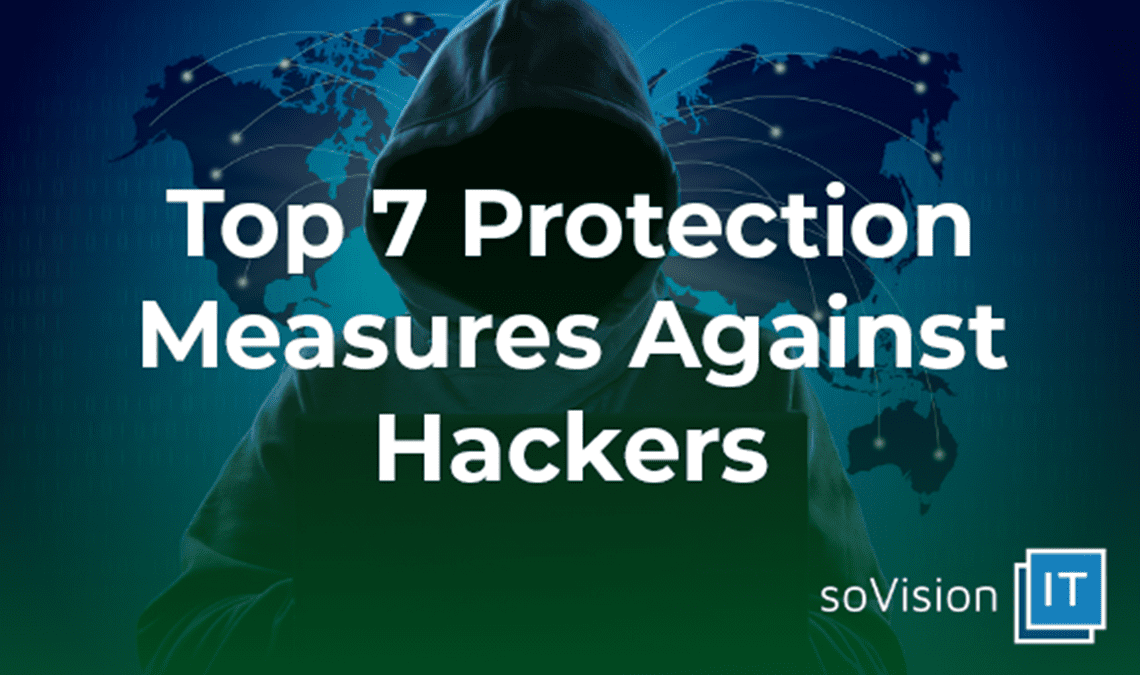Top 7 Protection Measures Against Hackers
The recent hacking of the digital billboard in central Cardiff is a stark reminder that advertising displays are vulnerable to cyber-attacks – as are every other internet-connected device. This is why cyber security awareness training is crucial.
Any organisation that controls digital advertising of this type, regardless of the billboards’ size and format should:
– Develop and use strong passwords.
– Find out who has access to the digital displays. What are their security measures?
– Use encryption wherever possible.
– Have a disaster recovery plan that has been tested.
Most digital advertising displays are managed using computers/laptops. A basic level of protection against hackers and malware can be achieved by using firewalls, anti-malware, the correct browser settings and the use of strong passwords.
Here is what every company should do to avoid becoming a victim of malware or malicious activity:
1. Install a firewall
Hackers act on the Internet just as telesales agents that automatically dial random phone numbers. They send “calls” to thousands of computers and wait for answers.
The firewall prevents the computer from responding. Ensure that your firewall is properly configured and periodically updated with the latest firmware with effective cyber security awareness training for employees..
2. Use Anti-Malware software
Anti-malware scans your files and e-mails for malware, deleting or quarantining infected items. Ensure it is always active and updated to counter the latest security vulnerabilities. Set it to check for updates at least every day.
3. Avoid spyware
Some spyware can record every key you are pressing, including passwords and financial information. Signs that can show your computer is infected are: a sudden series of pop-up windows appearing on your screen, low computer performance, and unwanted opening of sites that you didn’t request.
Spyware protection is included in some anti-malware software, but you can also separately use specific anti-spyware programs. To avoid getting infected ensure that your business has reliable cyber security awareness training in place and download software only from trusted sites, and do not click on the links in pop-ups or links received via email from unknown senders.
4. Make your online shopping safe
Check the websites on which you are online shopping before entering your card number or any other personal data. Review the security report (the padlock in the address bar of Internet Explorer and Chrome) for the site to ensure that the site is encrypted with SSL.
5. Use strong passwords
Choose passwords that are hard to guess. Use at least eight characters with a combination of letters, numbers and special characters. Do not use easy words that can be found in a dictionary as this is a common method of brute force attack.
6. Secure your wireless network
If you are using a wireless network, ensure your network is secured. More details on how to protect your business from hackers accessing Wi-Fi networks can be found in this article.
When using a public Wi-Fi network, avoid accessing or sending sensitive personal information.
7. Be careful with what you share
Exchanging digital files (documents, music, movies, photos) commonly exposes end users to risks. Many files are not what they seem and can be disguised as malware. If using peer-to-peer networking sites, you may also be infringing copyright laws.

